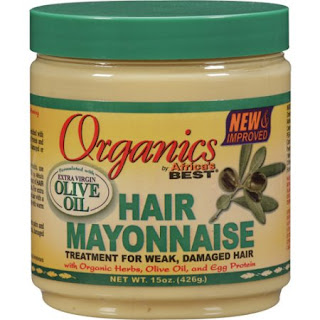If you have asthma, you need to do what you can to reduce your exposure to asthma triggers. Asthma triggers can aggravate your asthma symptoms -- coughing, wheezing, and difficulty catching your breath. While there’s no asthma cure, there are steps you can take to keep your asthma in control and prevent an asthma attack (worsening of asthma symptoms).
Identify Triggers for Asthma Prevention
Certain asthma triggers can set off the cascade of asthma symptoms. Some asthma triggers may include:
- Air pollution
- Allergies
- Cold air
- A cold or flu virus
- Sinusitis
- Smoke
- Fragrances
Keep track of your asthma symptoms in an asthma diary for several weeks, detailing all the environmental and emotional factors that are associated with your asthma. When you have an asthma attack, go back to your asthma diary to see which factor, or combination of factors, might have contributed to it. Some common asthma triggers are not always obvious, such as molds and cockroaches. Ask your asthma specialist about allergy skin testing -- or specific IgE testing -- to determine the allergens to which you have become sensitized. You can then take measures to minimize your exposure to those allergens.
If you have exercise-induced asthma or are planning vigorous exercise or exercise in cold, humid, or dry environments, prevent exercise-induced asthma by following your doctor's advice regarding asthma treatment (usually by using an asthma inhaler containing the drug albuterol).
Allergies and Asthma Prevention
Avoid Smoke to Prevent Asthma
Smoke and asthma are a bad mix. Minimize exposure to all sources of smoke, including tobacco, incense, candles, fires, and fireworks. Do not allow smoking in your home or car, and avoid public places that permit smoking. If you smoke cigarettes, get help to quit successfully. Smoking always makes asthma worse.
Avoid Colds to Prevent Asthma
Do what you can to stay well. Avoid close contact with people who have a cold or the flu, because your asthma symptoms may worsen if you catch the infection from them. Wash your hands thoroughly after touching items that may have been handled by others with a respiratory infection.
For more detail, see WebMD’s article Asthma Prevention When You Have Allergies.
Allergy-Proof Your Environment for Asthma Prevention
Get a Flu Vaccine for Asthma Prevention
Consider Allergy Shots (Immunotherapy) for Asthma Prevention
source www.webmd.com

























